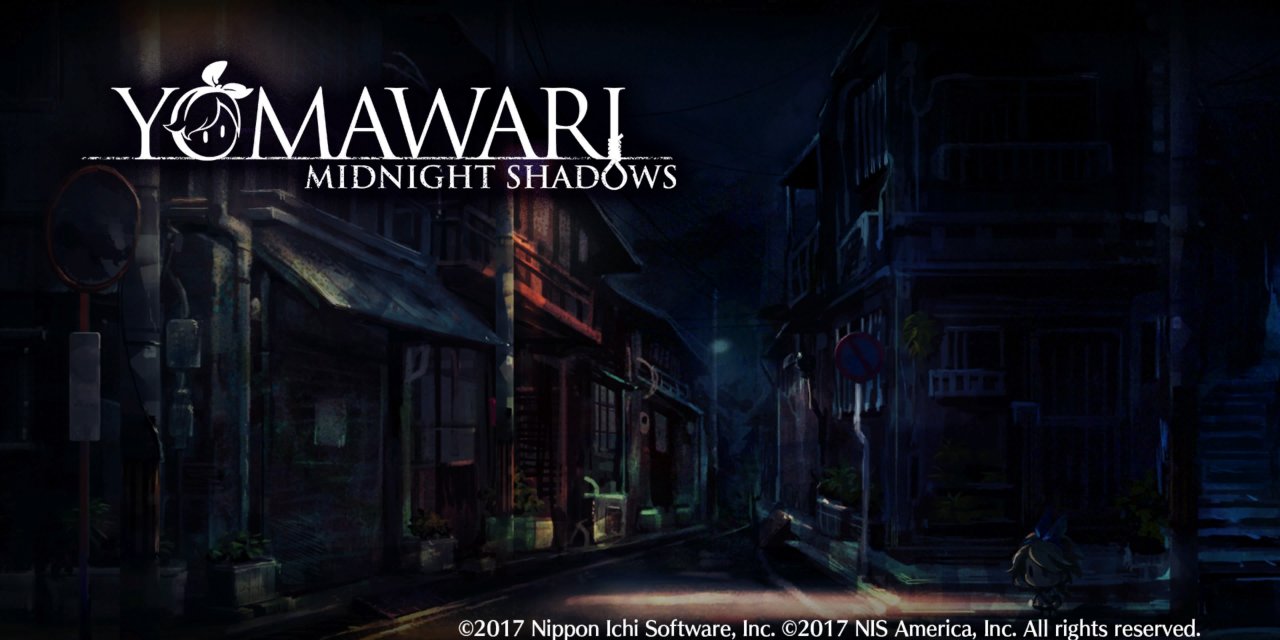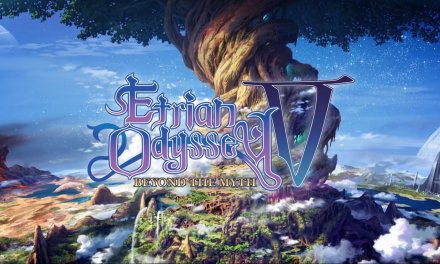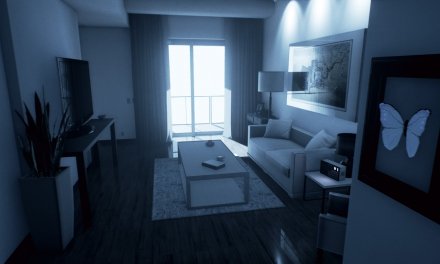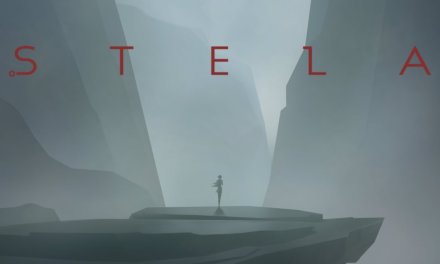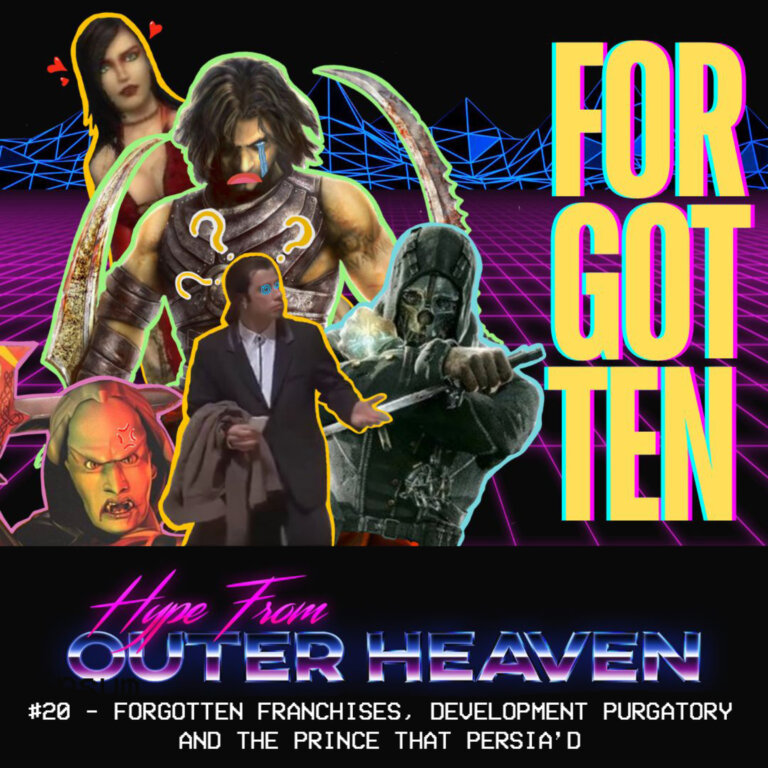“People are strange when you’re a stranger, faces look ugly when you’re alone…”
From Japanese industry veterans Nippon Ichi Software comes the sequel to the 2015 PS Vita cult hit: Yomawari: Night Alone titled Yomawari: Midnight Shadows. While relatively unheard of to anyone who didn’t own a Vita in 2015, the original was praised for presenting an emotional yet genuinely unnerving story. Yomawari: Midnight Shadows launches in Europe and the UK today for £29.99 on the PSN Store, and as usual I’ll be covering whether the game is worth your time and money.
Survival horror is a title that’s been thrown around quite a bit over the last decade by game developers; while the genre still exists, it’s rarely reflected in the games that claim to represent the medium. While the Resident Evil series (amongst others) can hang their hat on being the founders of the genre, they were also the ones responsible for its downfall, with the likes of Resident Evil 4 (although it was a good game) onwards moulding the survival horror formula to be more grounded within fast-paced combat and action, rather than item management and the suspenseful ‘run & hide’ encounters from the days of yore.
Yomawari: Midnight Shadows is a survival horror game that actually lives up to it’s namesake, opting for a solid use of atmosphere and unscripted jump scares as a means to create a solid survival focused horror experience that hasn’t been done correctly for quite some time. Developed by Nippon Ichi Software (who are more formally known for the Disgaea series) Midnight Shadows is the sequel to the 2015 PS Vita title Yomawari: Night Alone, which was met with positive reviews from fans and critics alike, leading it to achieve somewhat of a cult following. Yomawari: Midnight Shadows follows the story of two young girls called Yui and Haru, who get separated on their way home from a fireworks show. It soon becomes apparent that everything is not as it seems, as the town and nearby woods are haunted by spirits whose only intention is to take the lives of the two young protagonists. While it could be argued that the art style would lead many to believe that the game is intended for a younger audience, the subject matter and themes covered are anything but, leading to the old adage of ‘never judge a book by its cover’.
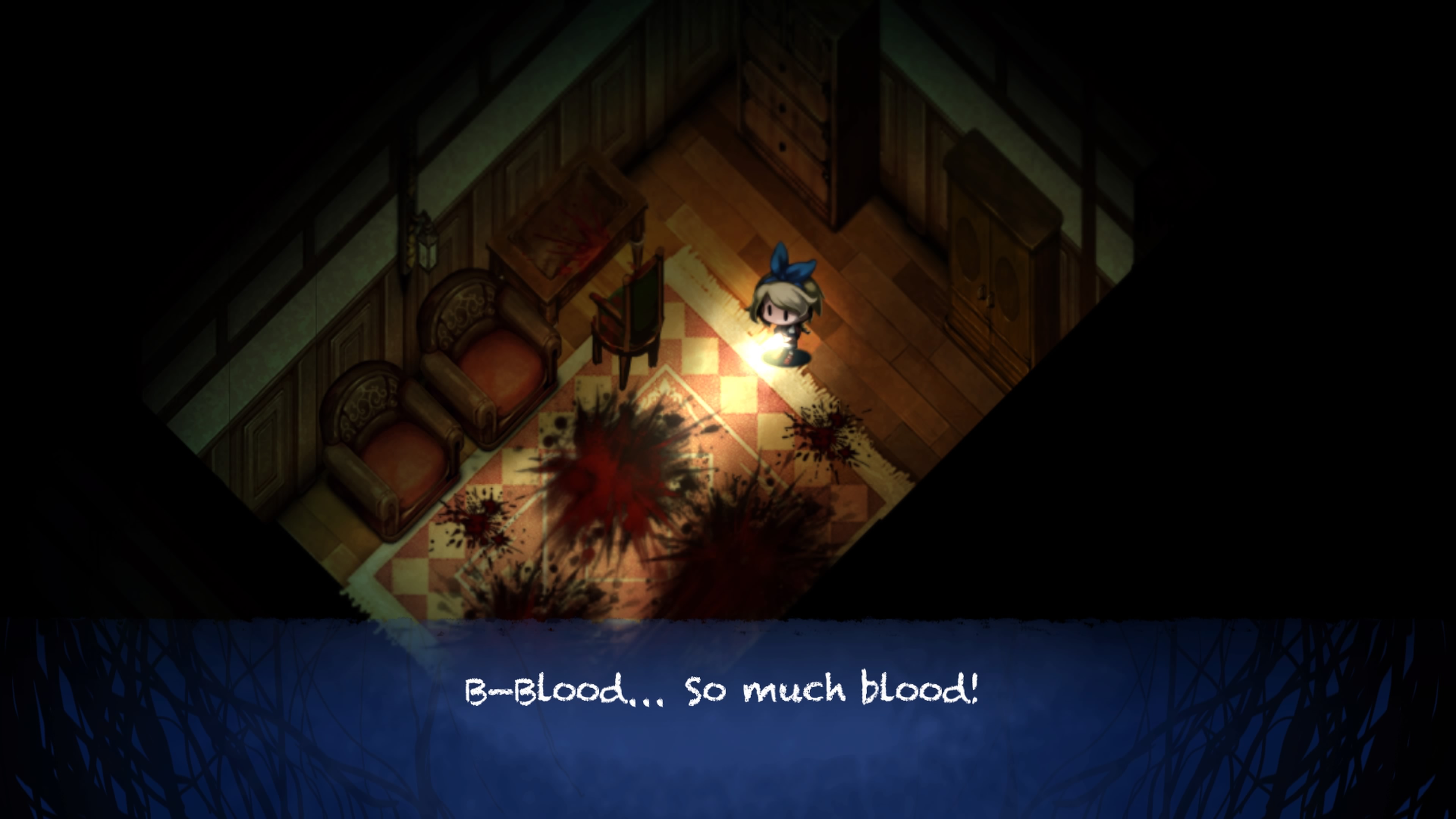
Yomawari: While the game may appear innocent at first, it soon takes a dark turn that lasts for the entirety of the storyline.
The game’s narrative begins with a young girl’s diary explaining how her pet dog died as well as her feelings regarding it, setting the game up very innocently in nature. What follows is a intro of the girl burying her pet in the woods near her house, eventually leading up to her hanging herself from a nearby tree. To say I was shocked by the sudden change of pace would be an understatement, as it would effectively set up the 10 or so hours I spent on the game perfectly, showcasing a dark (yet emotional) tale of friendship that I genuinely wanted to see through to the end. The bulk of the game is centered around Yui’s disappearance, played from the perspective of her friend Haru, who searches their quiet Japanese town over and over in search of her friend. Intentional or not, the atmosphere of the town matches that of the Silent Hill series perfectly with it being eerily dark and silent, leaving the player to rely on their wits as well as their flashlight to navigate the dark streets of the town. Although the level design is one of Midnight Shadow’s strongest features, the same cannot be said for it’s somewhat questionable creature design, as they look more comical than scary; what makes them creepy however is not their appearance, but their unscripted ability to appear out of thin air, which (to the developers credit) is a great method of making your audience jump out of their skin entirely.
Coming in at 1.5GB, one would think that Yomawari: Midnight Shadows would be quite a short and minimalistic game, however coming in at over 10 hours (possibly more if you’re a collectible hunter) the game is quite the heavyweight in comparison to its size. The game is played through an isometric perspective and is narrated entirely through subtitles, making the experience somewhat of a slog in the mid to late stages of the game. You control either Yui or Haru at different stages, navigating a number of different environments while simultaneously avoiding the creatures that lurk within. The gameplay can at times feel a bit too repetitive, being the same old process of searching a new area for Yui, calling it a night leading into the next chapter. While the game does get a lot more interesting in its later stages, the initial first couple of chapters can be quite difficult to get through due there being no change in the narrative or gameplay whatsoever. Another issue worth mentioning is the terrible control system, which is very reminiscent of the long-criticized ‘tank’ controls from the original Resident Evil games, offering eight frustratingly cumbersome directions of movement resulting in the game feeling a bit stiff; more often than not, the controls are the main reason that you will die a lot while playing this game, it also just so happens that a number of the game’s trophies are tied to you dying a select number of times, making me think that Nippon Ichi made the controls terrible on purpose.
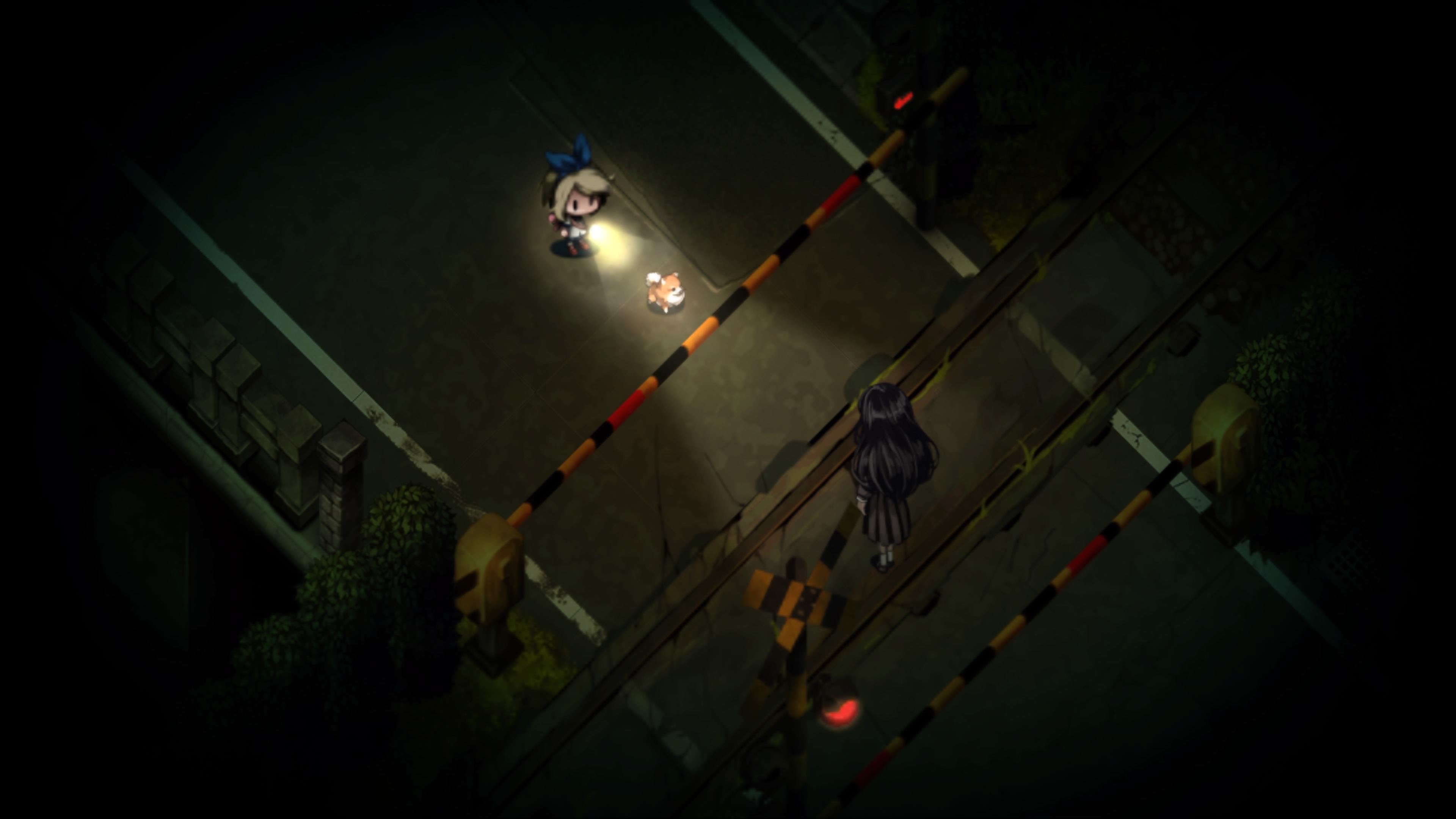
Go here, go there: The gameplay in Yomawari: Midnight Shadows is ridiculously repetitive, taking away somewhat from its otherwise solid narrative.
Overall I enjoyed the 10 or so hours that I spent playing Yomawari: Midnight Shadows; while the gameplay could be very repetitive at times, and the controls are (for one of a better expression) downright f*cking terrible, there is a solid little narrative hidden behind all of the clutter. Easily one of the more interesting horror titles of 2017, it’s worth playing through at least once for the story alone, you could also do a lot worse if you were looking to have the living crap scared out of you.

